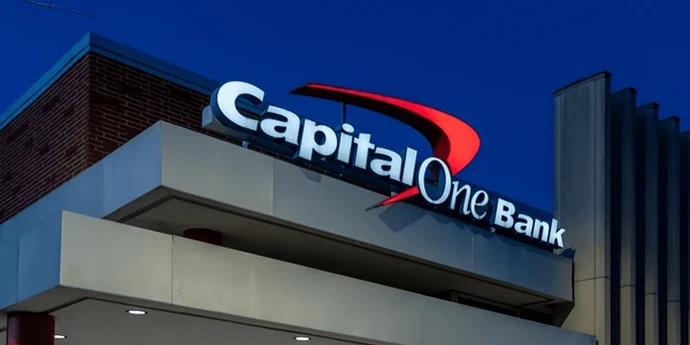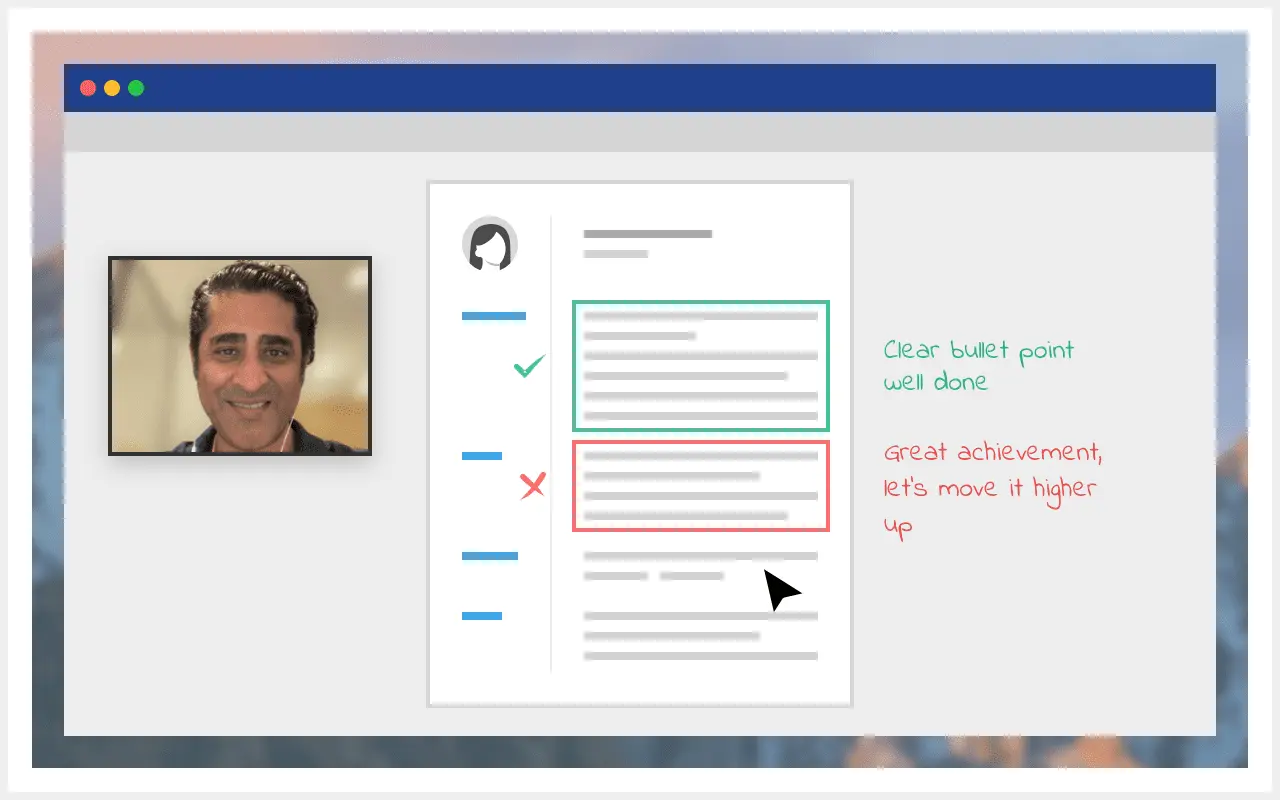Management consulting firms such as McKinsey, BCG and Bain are notoriously difficult to get into. McKinsey receives ~200,000 applications every year and ends up hiring about ~2,000 new consultants. That corresponds to 1% success rate.
A lot of applicants think case interviews will be the hardest part of their consulting applications. But the most competitive step is probably to be SELECTED for interviews in the first place.
That's where networking comes in. Networking is one of three primary ways to get your foot in the door with consulting firms, and it will help you maximise your chances of getting interviews at the firms you are targeting. Let's review our top 7 tips to network your way into McKinsey, BCG, Bain and other top consulting firms.
Click here to review your resume with an MBB recruiter or ex-interviewer
1. Networking = Sales process
Networking for a consulting job is a bit like running a sales process except you're promotting yourself instead of selling a product. But don't let the word "sales" intimidate you. Let's focus on the word "process" for now.
Sales people often think about the process they run as a "funnel". In other words, they know that for someone to buy their product they need to contact multiple people. For instance, if they send emails to 10 people, 5 of them will reply, 2 will have the required budget for the product and only 1 will actually end up buying it.
There are two helpful lessons from the "funnel" concept that can be applied to networking:
- First, not everyone you contact will reply to you or be willing to help you. You should expect to be ignored and rejected by a few people. But don't let that discourage you, it's just part of the process.
- Second, networking is a numbers game. If you only reach out to 1 or 2 people, it's very unlikely that you will end up being successful. You need to build a funnel of 10 or even 20 potential contacts to enjoy some success.
The objective of the funnel is to lead to conversations with consultants and partners at the consulting firms you are targeting. And these conversations will eventually turn into interviews and job offers.
2. Build a networking funnel
The first thing to do when you start networking is therefore to build a funnel. In practical terms, that simply means creating a spreadsheet with all your contacts who could lead to conversations with consultants or partners at the firms you are targeting.
We've listed the types of people you should reach out to below in order of efficiency. In our experience you will get most success with the type of people at the top of this list.
Priority A: Consultants you know.
This is obvious, but the first thing you need to do is to reach out to the consultants you know. For the pupose of this article let's imagine you're applying for McKinsey and BCG in the Denver office in the US.
If you know people at these firms in Denver you should obviously reach out to them. If the people you know at McKinsey or BCG are not from the Denver office that's fine too. You can still reach out to them to get a better understanding of the two firms and even maybe an introduction to consultants from the Denver office.
But in addition from McKinsey and BCG consultants you should also reach out to the OTHER consultants you know. For instance, Bain does not have an office in Denver. But if you know someone at Bain you should definitely reach out to them because THEY might know someone in Denver who might be able to help you.
Another example is if you've been rejected from Bain but are still looking to break into McKinsey, BCG or other tier 2 firms. The Bain consultant you know in New York might be able to introduce you to someone at these firms. It's still worth reaching out.
Consultants know other consultants. And if you know the person you're reaching out to well enough they will often be willing to make the right introductions to help you.
Priority B: Family and friends who can introduce you to consultants.
Once you've listed the consultants you know directly (Priority A), you need to list the people who you think can introduce you to consultants. Your best shot for this is to ask friends and family.
Make a list of the people you are comfortable reaching out to. That list should be as long as possible because you never know who other people know. When you reach out to these people explain that you are looking to break into management consulting and looking to connect to people in the industry.
Don't be picky about who they introduce you to. If you are targeting McKinsey, a connection at Deloitte is still valuable as they'll probably know people working at McKinsey. Remember, consultants know other consultants!
Priority C: Cold-contacting consultants on LinkedIn.
The two points above should yield good results if executed properly. But once you've exhausted these options, you can also invest time into cold-contacting consultants on LinkedIn. Consultants are usually busy so your success rate with this strategy will be low, but it can still work.
When you reach out make sure to prioritise consultants who you have something in common with. For instance, you are more likely to get a reply from someone who comes from the same city as you do or who went to the same University than from someone who really has nothing in common with you.
3. Feed the funnel: go to events
Once you've created the first version of your funnel you need to make sure you constantly feed it with new leads so that you have enough conversations that will result into actual interviews and job offers.
One easy way to achieve this is to attend consulting firms' events. This is particularly easy if you are at University as consulting firms tend to be very present on campus. Here are the links to recruiting events organised by McKinsey, BCG and Bain:
- McKinsey recruiting events (UK only)
- BCG recruiting events (candidate login required)
- Bain recruiting events
This approach also applies if you are an experienced hire. You should check for events in your area that are either organised by consulting firms or where some of the speakers are consultants. This will help you make connections with people who might be able to help you.
4. Experienced hires: talk to partners
If you're an experienced hire and are looking to join a specific practice in the consulting firm you are targeting you should try to identify the consultants and partners from your industry and reach out to them directly.
For instance, if you've worked in Oil & Gas for 10 years and you are looking to make a transition to McKinsey you should try to connect with senior McKinsey Oil & Gas consultants (ideally Partners). This is important because these are the people who will be recruiting you - not the central HR team.
Your expertise in a given field should help you get meetings with Partners. If you've spent 10 years at Exxon Mobil for instance, from the point of view of an Oil & Gas partner, you're a good connection to have. Even if you don't end up joining their team they haven't wasted their time completely because you could also become one of their clients in the future.
5. Send good emails and keep following up
Other websites have created useful templates to contact people for networking purposes so we won't dive into that into much details. We recommend reading here, here and here for good email templates to use when networking.
There are three principles we recommend following when sending these emails:
- Try to build rapport. As we mentioned earlier you should prioritise reaching out the people you have some kind of connection with. If the person you are reaching out to went to the same University as you did or comes from the same city, say it. If you have a friend in common, also mention it. Doing this will increase your odds of getting an answer as the person you are contacting will feel some kind of connection to you - you won't be a complete stranger.
- Make it easy for them say yes. You should also try to make it as easy as possible for them to say yes. Offer a specific date and time at which you could meet up or a have a quick call. Don't leave it open ended. You should also make clear the exact information you are hoping to get out of the conversation you will have with them.
- Follow up. This is probably the most important tip of the three on this list. A lot of the emails you send will remain unanswered. For every email you send, you should follow up until you get a YES or a NO. A lot of people might be ok with having a cup of coffee or a short phone call with you. But they might not have had time to reply to you. Remind them your offer still stands. Follow up until you politely until you hear back and get a yes or a no.
6. Prepare a strong resume
At some point in your networking process one of the consultants you talk to will say something like: "I like what I'm hearing, can you send me your resume?" When this happens your resume needs to be ready to send. If it takes you days to share your CV the consultant you talked to probably won't be impressed.
Putting together a good resume that's tailored for consulting is not extremely difficult. But in our experience it takes a few iterations to get there so you should start working on your CV early in the process to make sure you've got it ready when needed. If you're an experienced hire, you'll find this article about experienced hire resumes helpful.
7. Be ready for impromptu interviews
Similarly, if you go for coffee or lunch with relatively senior consultants during your networking process, they could decide to interview you on the spot. Partners are heavily involved in hiring decisions so they might decide to give you a short case question when they talk to you to see how you perform. If it goes well they will introduce you to other colleagues for more formal interviews in the firms' office.
This very rarely happens. But having done a few case interviews before you go to have coffee or lunch with a partner is definitely a good idea. It's a good way to start learning how consultants think. And it will also ensure that you know what to do in the unlikely event one of your networking contacts asks you a case question on the spot. Here are a few case examples to get you started.
Conlusion
Networking is a process. You should start by making a list of consultants you know and people in your network who might know consultants and start from there. Not everyone will get back to you or be willing to talk to you. But you should politely follow up on every emails you send until you hear a clear yes or a clear no.
Getting good results by networking will take you time and efforts but that's what could eventually land you a job in consulting. If you have any thoughts or questions about networking to get a consulting job don't hesitate to ask them below and our team will answer them.
Additional services
Having a strong resume will make a big difference in your networking efforts. Our consulting resume guide should go a long way in helping you crafting documents that will get you interviews. But if after using this guide you feel you need additional help, we also have a Resume writing service you can use.
By signing up to this service, you will be matched with a former Resume screener from a top consulting firm. They will assess the existing version of your resume and work with you to improve it and make sure you get interviews.
Check it out, you'll be in good hands!















